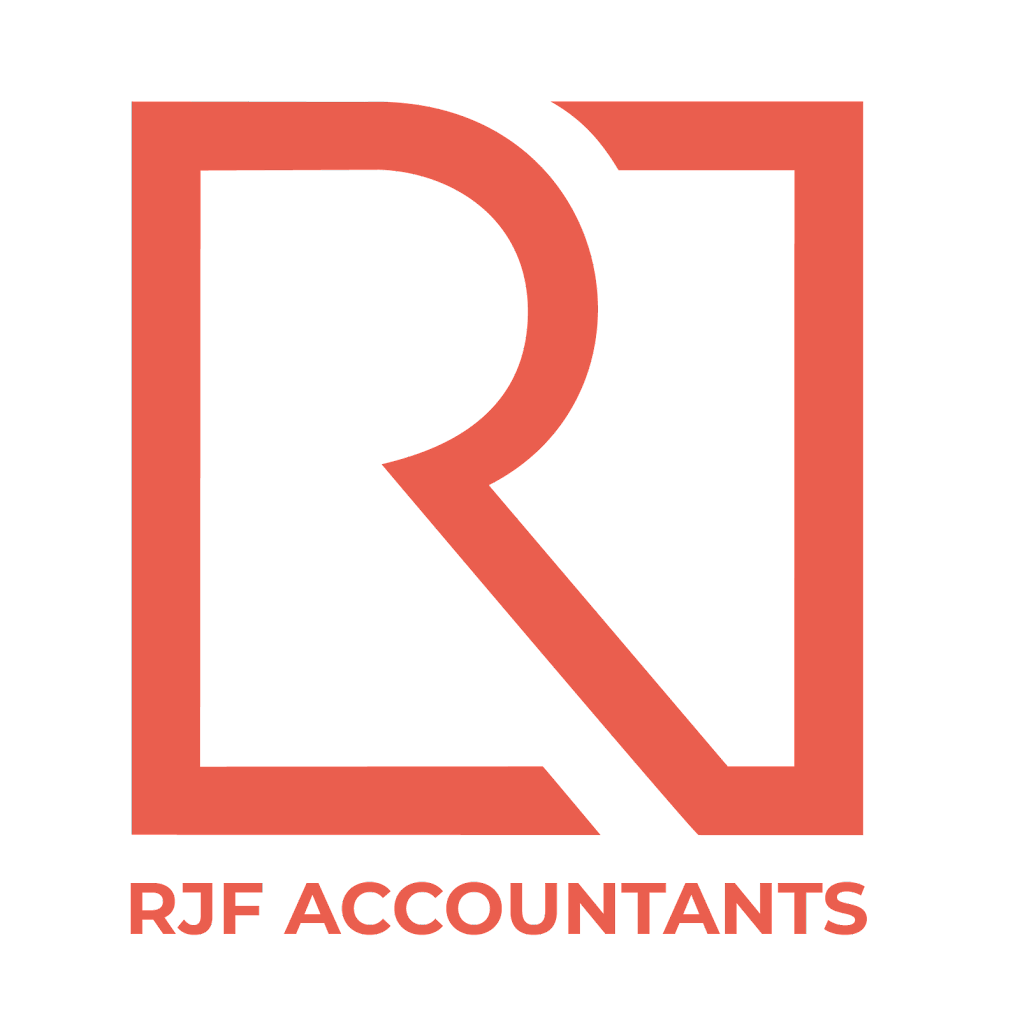Sundry expenses, what they are and why they matter in accounting? Understanding what sundry expenses are and how to record them in your accounts is vital for businesses. Sundry expenses refer to miscellaneous small costs typically incurred by a business but not categorised under main expense categories. They might include expenses for items like stationery, postage, or office sundry that don’t neatly fit into the main expense categories.
This blog post will delve into the process of claiming expenses, exploring what sundry expenses mean, sundry income, examples of expenses, and the importance of proper recording and management. By shedding light on these seemingly small but significant accounting elements, we’ll unravel the process of identifying, categorising, and claiming these costs, paving the way for better financial health and understanding.
Blog Contents:
show
Understanding Sundry Expenses
What are Sundry Expenses?
Sundry expenses encompass a broad range of minor costs that are not significant enough to have their ledger account. From stationery supplies to occasional miscellaneous charges, sundry expenses are essential to the financial landscape in both personal and business realms. Often overlooked, these costs can add up and impact the bottom line. The term “sundry” is derived from “sundry accounts,” referring to the varied nature of these costs. They can include office sundries like pens, paper, and even travel costs for a one-off business meeting.
Sundry Expenses vs Sundry Income
While sundry expenses pertain to those minor and miscellaneous costs, sundry income refers to the small, irregular sources of income that don’t fit neatly into the main income categories. For example, a business may earn sundry income from selling off old office furniture. Though opposite in nature, both sundry expenses and sundry income require careful tracking and management to maintain an accurate financial picture.
Sundry Expenses in Accounting
Sundries in accounting are pivotal as they help in achieving a comprehensive financial understanding. Businesses can avoid surprising budget overruns by not losing sight of these miscellaneous costs. Tracking sundries expenses, examples might include monitoring the use of office supplies or categorising minor travel costs. Accounting software often provides features to manage sundry accounts, ensuring that even the smallest expenses are recorded and categorised correctly.
Understanding sundry expenses and income is crucial for maintaining a transparent and complete view of finances. Whether in a business context or personal budgeting, attention to these minor yet essential components can make a difference in financial planning and forecasting. Recognising and properly managing sundry expenses ensures they don’t become hidden costs that can affect profitability and financial stability.
Claiming for Sundry Expenses
What is Sundry Expenses Example?
Sundry expenses are common in business and personal finances. Imagine a company that incurs small costs such as taxi fares for guests, snacks for meetings, or subscriptions to minor software tools. While these costs might seem insignificant individually, they form sundry expenses that can accumulate over time.
How to Claim Sundry Costs
Claiming sundry costs is an essential practice that ensures financial accuracy. Here’s how to approach this process:
- Identify What Sundries Expenses Are: Recognise the nature of these costs and ensure that they are classified as sundry expenses. This can include postage, cleaning supplies, or minor equipment.
- Recording and Tracking Example of Sundry Expenses: Maintain a regular record of these costs through manual entry or accounting software. Examples of sundry expenses that need tracking include subscriptions, minor travel expenses, or office sundries like pens and paper.
- Proper Documentation for Claiming Sundry Expenses: Collect and organise all relevant receipts, invoices, and other supporting documents. These must be kept systematically to substantiate the claim for these costs.
Tips for Managing Sundry Expenses
- Regularly Review Sundry Expenses: Regularly check to ensure no costs slip unnoticed.
- Ensure Proper Categorisation: Differentiate sundry expenses from other categories to avoid confusion and ensure accuracy.
- Consider Software to Manage Sundries Expenses Examples: Many modern accounting tools provide specific features to handle sundry costs, saving time and increasing efficiency.
Understanding and claiming sundry expenses is essential to robust financial management, not just about keeping track of minor costs. It requires an eye for detail, systematic tracking, and proper documentation. These practices not only help in maintaining financial accuracy but also assist in revealing potential areas for cost-saving. Effective managing sundry expenses contributes to better financial health and transparency, whether for a business or personal budget.
Common Mistakes and How to Avoid Them
Managing sundry expenses and sundry income requires attention to detail and understanding. Some common pitfalls include:
- Ignoring Small Costs: Many might overlook small costs thinking they are insignificant. However, these can accumulate, leading to budget overruns.
- Improper Categorisation: Mixing sundry expenses with other financial categories can lead to confusion and inaccuracies in accounting. Correctly classifying sundry expenses and sundry income is essential.
- Lack of Documentation: Failing to keep proper documentation for sundry expenses can lead to claiming and auditing difficulties. Always keep receipts and records.
- Failing to Track Sundry Income: Income must be tracked correctly, like sundry expenses. Neglecting this can result in missed opportunities and an inaccurate financial picture.
Actionable Advice on Avoiding Common Mistakes
- Utilise Proper Tools: Use accounting software to handle sundries of expense examples. These can assist in tracking, categorising, and documenting sundry costs.
- Regular Monitoring: Regularly review sundry accounts. Common oversight helps prevent mistakes and oversights.
- Training and Education: If applicable, ensure that staff handling finances are well-versed in what sundry expenses are and how they should be managed.
- Consult a Professional if Needed: For businesses, it might be wise to consult an accountant or financial expert to ensure that sundry expenses and income are handled appropriately.
While seemingly minor, sundry expenses and income are integral to financial management. Mistakes in handling these can lead to inaccurate financial reporting and missed opportunities. By being aware of common errors and implementing best practices, individuals and businesses can successfully navigate the complexities of sundry accounts. Emphasising the understanding of sundry expenses, their examples, and proper management ensures a complete and transparent financial picture that contributes to sound financial health.
Sundry Expenses Summing Up
Sundry expenses represent a small yet significant aspect of personal and business finances. From understanding what sundry expenses mean to the intricacies of claiming them, this multifaceted area requires careful attention and management. Though small, these costs can add up, impacting the bottom line if not handled properly.
Throughout this post, we have explored what sundry expenses are, provided examples of sundry expenses, and delved into the process of claiming sundry expenses. We’ve also highlighted common mistakes in managing sundry costs and income, offering actionable insights and tips to avoid them.
The key takeaways are:
- The importance of recognising and adequately categorising sundry expenses and sundry income.
- The need for regular monitoring.
- The value of using appropriate tools or professional assistance when necessary.
These practices promote better financial health, transparency, and accuracy in business or personal finance.
How Can RJF Accounting Help?
RJF Accounting has accounting teams based in Manchester and Macclesfield, ready to help you with all your accounting and tax advice needs. We offer general accounting and personal accounting services, but our specialist field is startups and all that entails!
So if you are looking for an accountant for your startup business, get in touch today! If you want to know more about how we can help you speak to the team today about our services. You can call the team on 0161 5040629 or email us at hello@rjf.uk.com to see if we can help you get your plans off the ground! We are open Monday to Friday, 9 am – 5 pm!

